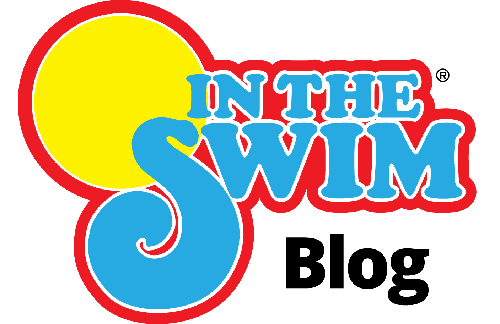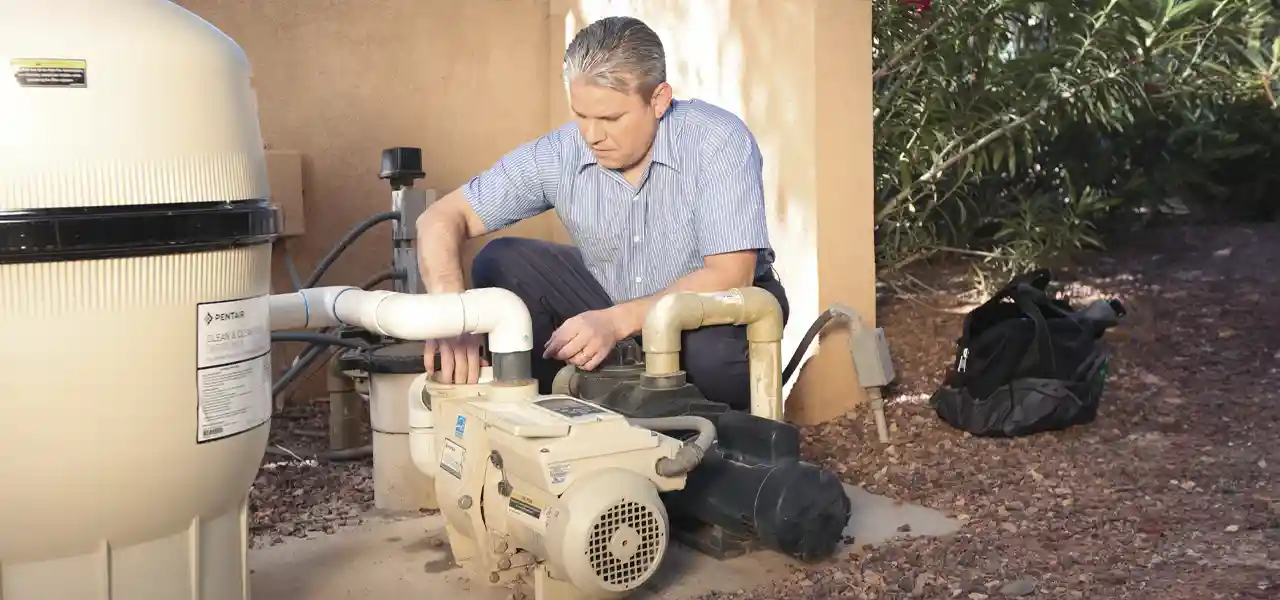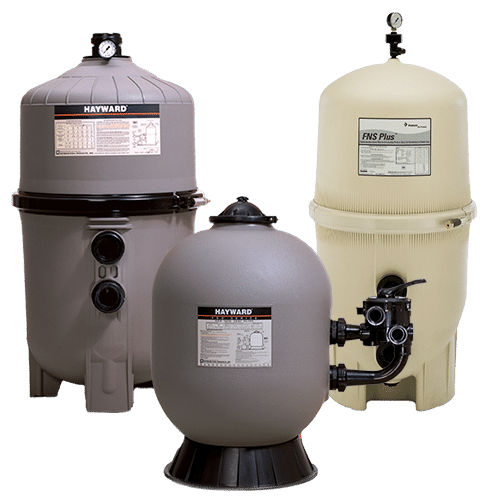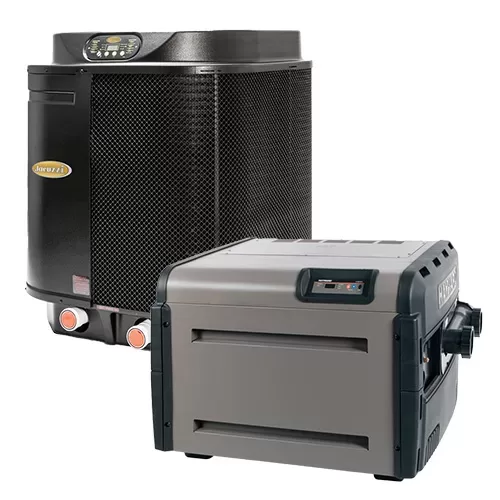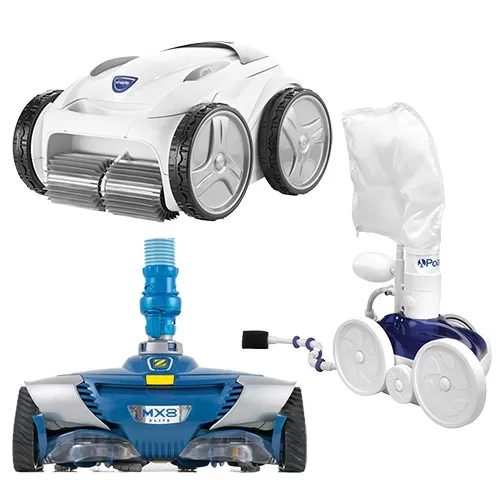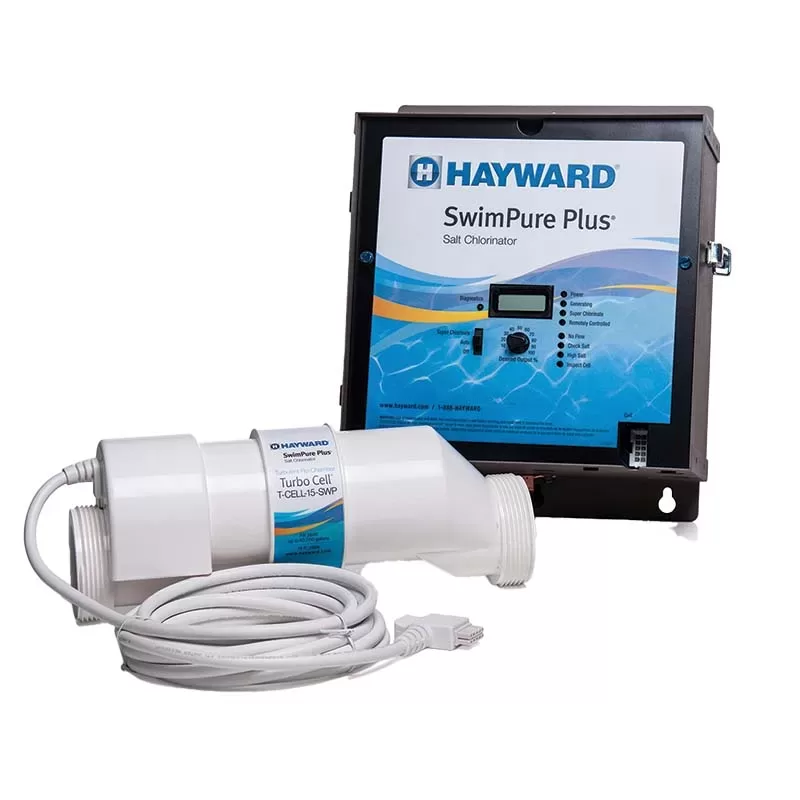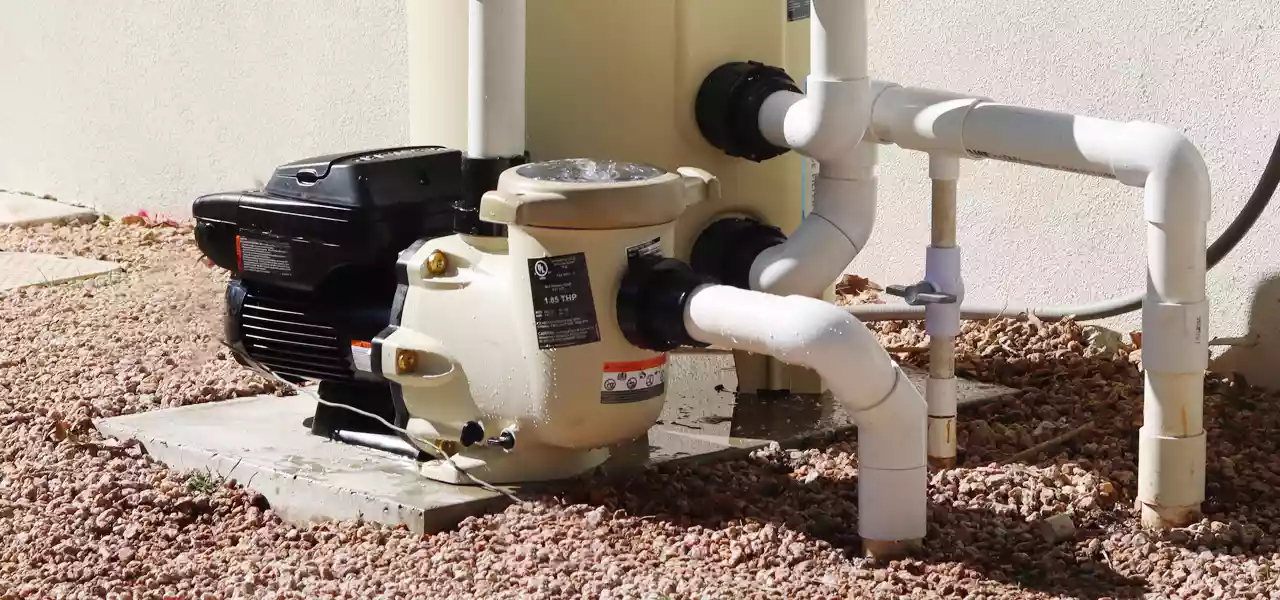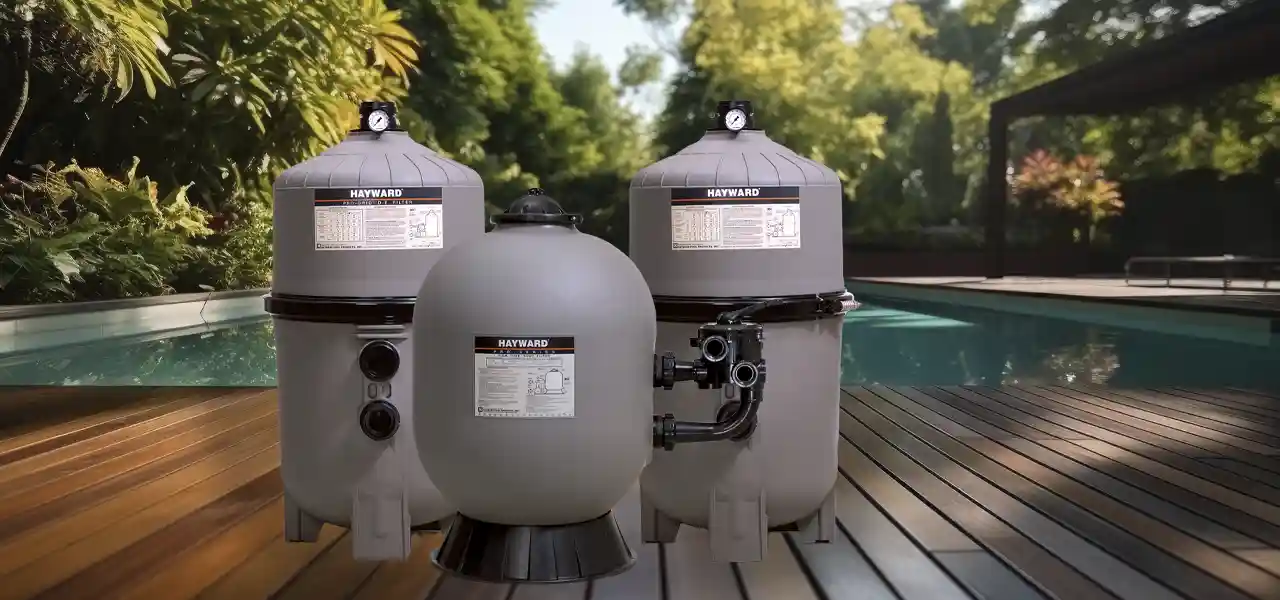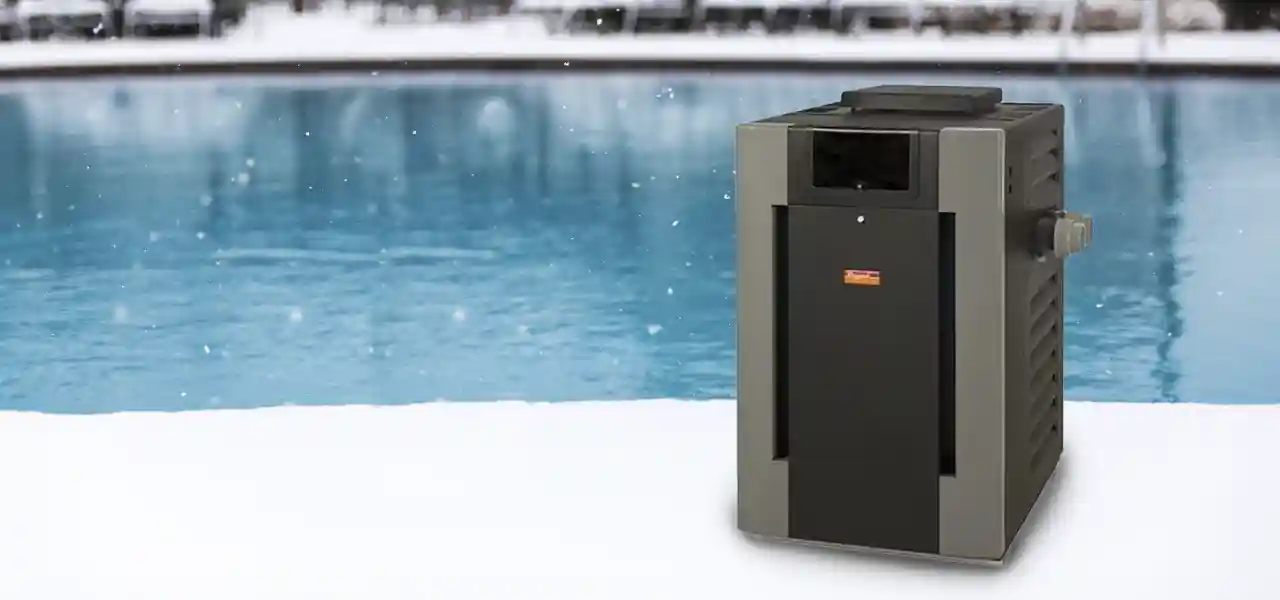As a pool owner, you know that keeping your pool in pristine condition requires regular maintenance. One of the most crucial aspects of pool maintenance is taking care of your pool equipment. Neglecting your pool equipment can lead to a host of problems, including reduced functionality, decreased water quality, and even costly repairs. In this comprehensive guide, we will explore the importance of pool equipment maintenance and provide you with expert tips and tricks to help keep your pool equipment running smoothly.
Why Routine Pool Equipment Maintenance is Important
Regular pool equipment maintenance is vital for several reasons. First and foremost, regular maintenance of your pool equipment helps maintain water quality. Pool filters, pumps, and automatic pool cleaners play a crucial role in keeping your pool water clean and free from debris, bacteria, and algae. When these components are not properly maintained, they become less efficient, allowing contaminants to build up in the water, which can lead to various health issues for swimmers.
Another key benefit of pool equipment maintenance is the prevention of costly repairs. By regularly inspecting and servicing your pool equipment, you can identify and address any minor issues before they escalate into major problems. This not only saves you money in the long run, but also ensures that your pool remains operational throughout the swimming season.
Let’s take a look at how to properly maintain the pool equipment responsible for keeping your pool clean, safe, and enjoyable.
Pool Pump Maintenance
The pool pump is the heart of your pool’s circulation system, so it’s essential to keep it in optimal condition. Start by turning off the pump and disconnecting the power supply. Remove the pump lid and clean out any debris in the strainer basket. Next, check the pump impeller for any obstructions and clear away if necessary. Before putting the lid back on, lubricate the O-ring or replace if necessary.
Once the pump basket and impeller are clean, it’s time to clean the pump housing. Use a hose to rinse the inside of the pump housing and remove any dirt or debris. After cleaning, reassemble the pump, prime the pump with fresh water, and turn it back on. Monitor the pump’s performance to ensure it’s running smoothly, without any unusual noises or vibrations. Additionally, keep the area around your equipment pad clean and clear of weeds, debris, and anything that might clog the pump vents.
PRO TIP: If your pool pump is on the fritz, and routine care and maintenance aren’t resolving the issue, you might have to do some troubleshooting. Thankfully, there’s an article for that! Check out our Pool Pump Troubleshooting Guide for tips on how to get your pump back up and running.
Pool Filter Maintenance
A clean and properly functioning pool filter is crucial for maintaining water clarity and quality. There are three main types of pool filters: sand, cartridge, and diatomaceous earth (D.E.). The maintenance procedures vary slightly depending on the filter type, so it’s important to refer to the manufacturer’s instructions for specific guidelines.
For sand filters, regular backwashing is essential to remove trapped debris and restore the filter’s efficiency. Start by turning off the pump and setting the filter valve to the backwash position. Run the filter until the water exiting the backwash hose runs clean. Once the backwashing is complete, switch the valve to the rinse position and run the pump for a minute to settle the sand before returning to the filter position.
Cartridge filters require periodic cleaning to remove accumulated debris. Start by turning off the pump and releasing the pressure from the filter by opening the air relief valve. Remove the filter cartridges and rinse them thoroughly with a hose. If there are stubborn stains or debris, you can soak the cartridges in a filter cleaning solution. Once the cartridges are clean, reassemble the filter and turn the pump back on. Replace any worn or damaged cartridges at this time.
Finally, let’s discuss D.E. filters. Maintaining a D.E. filter involves backwashing and adding fresh diatomaceous earth powder when needed. Similar to sand filters, backwashing a D.E. filter helps remove trapped debris. After backwashing, it is necessary to add fresh D.E. powder to the filter. To do this, mix the D.E. powder with water to create a slurry, and pour it into the skimmer. The D.E. powder will then coat the filter grids, enhancing their filtration capabilities. Regularly backwashing and adding fresh D.E. powder will keep your filter functioning efficiently.
PRO TIP: Looking for more helpful tips on how to keep your pool filter in peak condition? Check out our Pool Filter Troubleshooting Guide.
Pool Heater and Heat Pump Maintenance
Pool heaters and heat pumps are essential for maintaining a comfortable swimming temperature, especially during colder months. To ensure their optimal performance, regular maintenance is necessary. Start by inspecting the heater or heat pump for any visible signs of damage or corrosion. If you notice any issues, it’s best to contact a professional for further assessment and repair.
Next, clean the heat exchanger or coils to remove any accumulated dirt or debris. This can be done using a soft brush or a specialized coil cleaning solution. Additionally, check the air filters and clean or replace them if necessary. Clogged air filters can restrict airflow, reducing the efficiency of the heater or heat pump.
PRO TIP: Need help troubleshooting your pool heater or heat pump? Read this article!
Automatic Pool Cleaner Maintenance
Automatic pool cleaners are a convenient and efficient way to keep your pool clean and free from debris. However, like any other pool equipment, they require regular maintenance to perform optimally. In this section, we will discuss some expert tips and tricks for maintaining suction side, pressure side, and robotic pool cleaners.
The first step in maintaining your automatic pool cleaner is to regularly clean its filter. Over time, debris and dirt accumulate in the filter, reducing its efficiency. To clean the filter, simply remove it from the cleaner and rinse it thoroughly with water. If the filter is excessively dirty, you may need to soak it in a mild cleaning solution before rinsing. Regularly cleaning the filter will ensure that your automatic pool cleaner operates at its best.
Next, it is important to inspect the brushes and wheels of your automatic pool cleaner. These components can become worn out or clogged with debris over time, affecting the cleaner’s performance. Check for any signs of damage or excessive wear and replace or clean the brushes and wheels as necessary. By keeping these parts in good condition, you can ensure that your automatic pool cleaner cleans your pool effectively.
Additionally, it is essential to maintain the hoses and connections of your automatic pool cleaner. Inspect the hoses for any leaks or cracks and replace them if needed. Ensure that the connections are secure and tight to prevent any water leakage. Regularly checking and maintaining the hoses and connections will help maintain the efficiency of your automatic pool cleaner.
PRO TIP: For more helpful tips and tricks on pool cleaner maintenance and troubleshooting, check out this article.
Salt System Maintenance
Saltwater pools have gained popularity due to their lower chlorine levels and reduced skin and eye irritation. However, to keep your saltwater pool in optimal condition, regular maintenance of the salt system and salt cell is necessary. In this section, we will discuss expert tips and tricks for maintaining a salt system and salt cell.
Firstly, it is important to monitor and maintain the salt level in your pool. The salt cell in your salt system relies on a specific salt concentration to generate chlorine. Use a salt test kit to measure the salt level regularly, and adjust it if needed.
Secondly, inspect and clean the salt cell regularly to ensure optimal chlorine production. Over time, the salt cell can accumulate scale and mineral deposits, reducing its efficiency. To clean the salt cell, turn off the system and remove the cell from the plumbing. Soak the cell in a solution of diluted acid or a specialized salt cell cleaner. Gently scrub the cell with a soft brush to remove any stubborn deposits. Rinse the cell thoroughly with water before reinstalling it.
Lastly, check the salt system’s control panel for any error codes or malfunctions. Error codes can indicate issues with the system, such as low flow or low salt. Refer to the manufacturer’s manual for troubleshooting steps or contact a professional for assistance if needed.
PRO TIP: Check out this article for more expert advice on salt system maintenance and troubleshooting.
Proper pool equipment maintenance is essential for ensuring the longevity, efficiency, and functionality of your pool. By following the expert tips and tricks outlined in this guide, you can prevent common pool equipment issues and enjoy a clean and well-maintained pool all year round.
